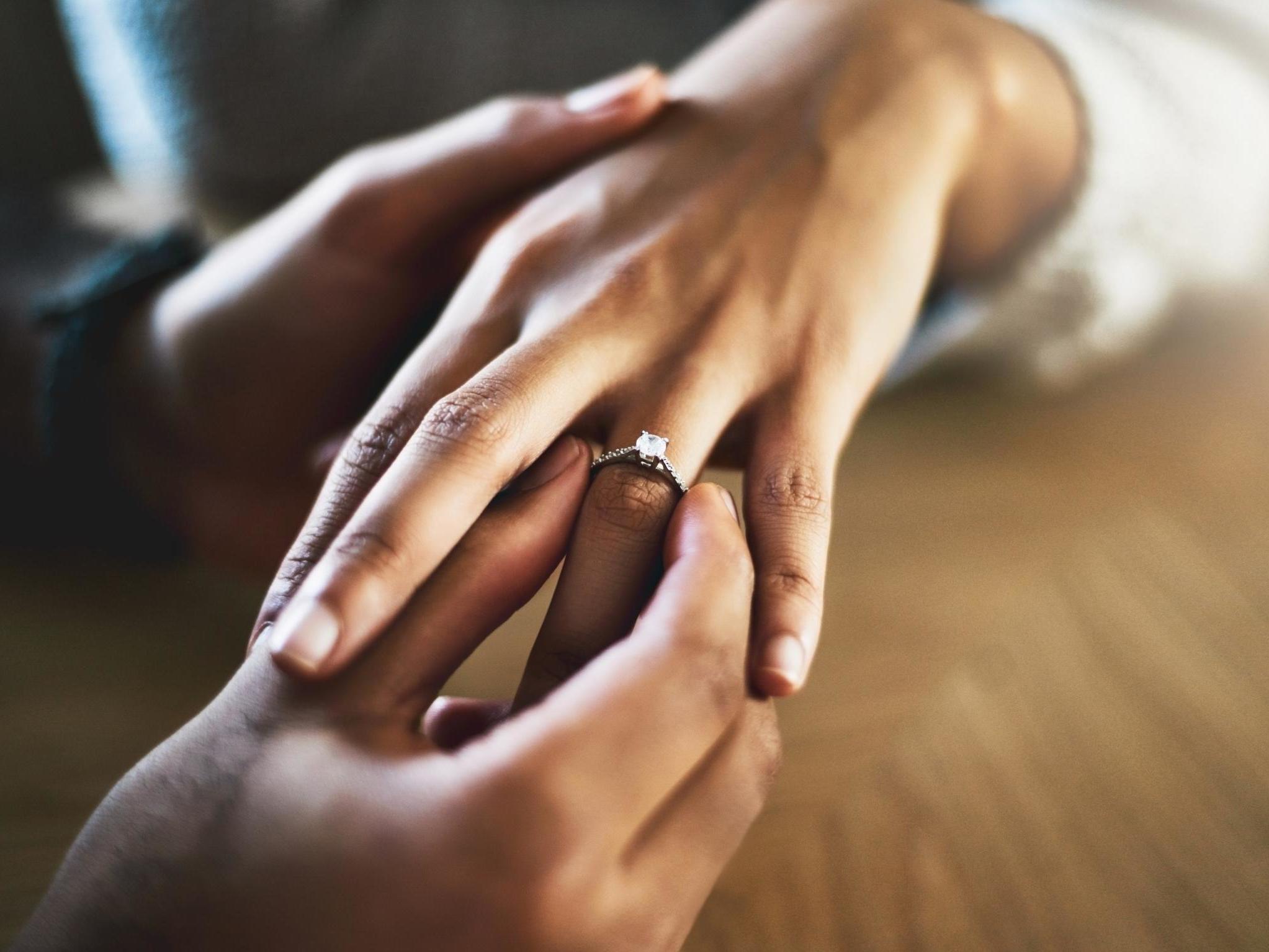Only heterosexual married people should have sex, Church of England says
Civil partnerships are ‘committed, sexually abstinent friendships’, bishops claim

Your support helps us to tell the story
From reproductive rights to climate change to Big Tech, The Independent is on the ground when the story is developing. Whether it's investigating the financials of Elon Musk's pro-Trump PAC or producing our latest documentary, 'The A Word', which shines a light on the American women fighting for reproductive rights, we know how important it is to parse out the facts from the messaging.
At such a critical moment in US history, we need reporters on the ground. Your donation allows us to keep sending journalists to speak to both sides of the story.
The Independent is trusted by Americans across the entire political spectrum. And unlike many other quality news outlets, we choose not to lock Americans out of our reporting and analysis with paywalls. We believe quality journalism should be available to everyone, paid for by those who can afford it.
Your support makes all the difference.Sex must be confined to heterosexual marriage and Christians in gay or straight civil partnerships should be sexually abstinent, according to the Church of England.
Bishops from the institution have released new pastoral guidance confirming their stance on marriage and sex outside of marriage after mixed-sex civil partnerships were introduced last year.
The statement from the House of Bishops says the church’s teaching on marriage “remains unchanged”, claiming sex outside of marriage is “falling short of God’s purpose for human beings”.
It adds: “For Christians, marriage – that is the lifelong union between a man and a woman, contracted with the making of vows – remains the proper context for sexual activity.”
However the church seeks to “uphold that standard” in its approach to civil partnerships and to “affirm the value of committed, sexually abstinent friendships”.
Those in mixed- or same-sex civil partnerships can still be ordained – but only if they abstain from sex, the bishops added.
But members of the clergy are also instructed not to provide a blessing for couples registering a civil partnership.
The Civil Partnership Act was passed in 2004, with the first ceremonies taking place in December 2005.
The act was designed to give same-sex couples identical rights and responsibilities to those of married, heterosexual couples, including property, inheritance and tax entitlements.
In 2013, same-sex marriage was legalised, and in March 2019 a bill legalising mixed-sex civil partnerships was passed, with the first registered last month.
The bishops’ statement says legislation for civil partnerships “leaves entirely open the nature of the commitment that members of a couple choose to make to each other”, and in particular “is not predicated on the intention to engage in a sexual relationship”.
Because of the “ambiguity about the place of sexual activity within civil partnerships” and the church’s teaching that “marriage between a man and a woman is the proper context for sexual intercourse”, the House states it does not believe it is possible for the church to “unconditionally accept civil partnerships as unequivocally reflecting the teaching of the Church”.
Join our commenting forum
Join thought-provoking conversations, follow other Independent readers and see their replies
Comments